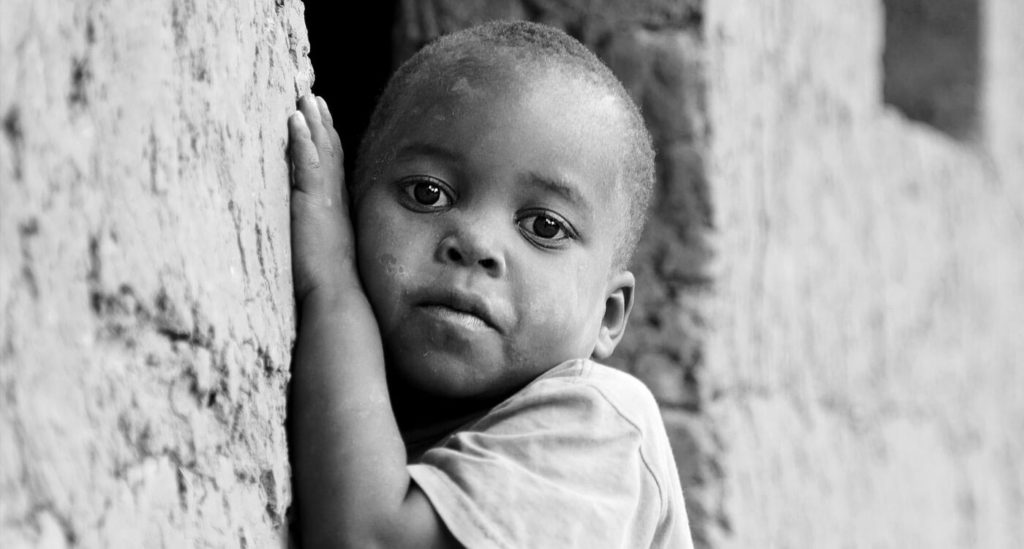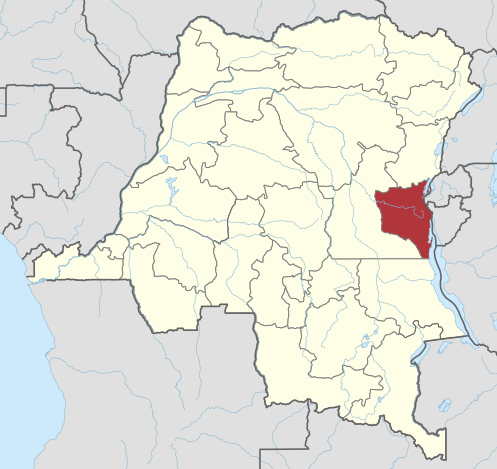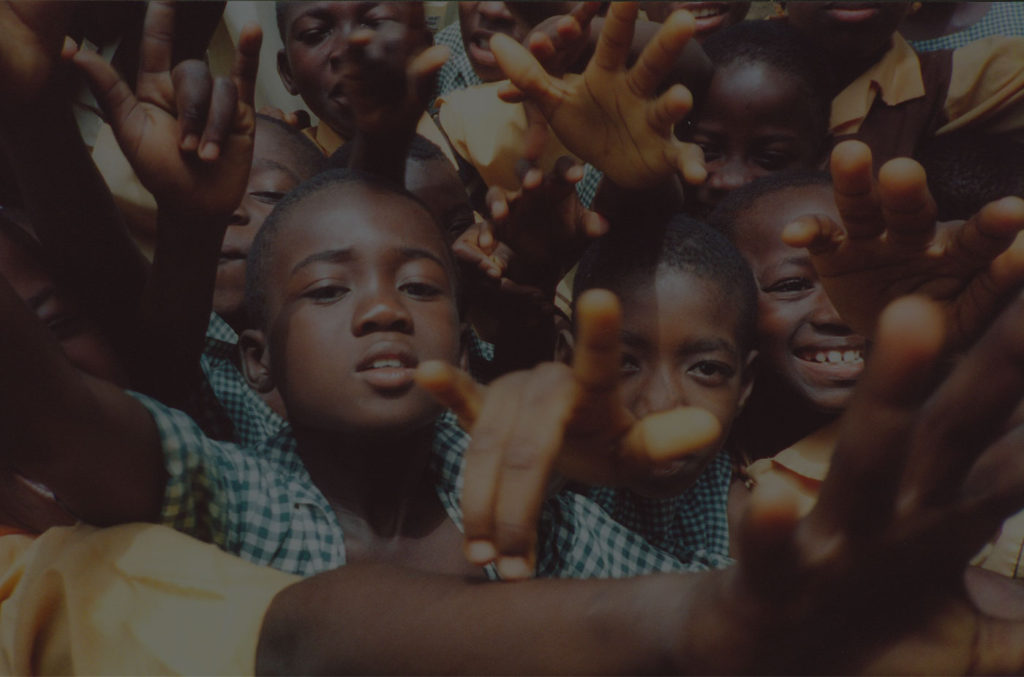History of Conflict in the Democratic Republic of Congo

The Democratic Republic of the Congo (DRC, formerly known as Zaire) is located in central Africa and is the largest country by land mass in sub-Saharan Africa. For nearly decades, DRC has been divided by armed conflict as a result of the First and Second Congo Wars (1996–1997 and 1998–2003,) and the Kivu Conflicts in eastern DRC (2004–present).
Following the Rwandan genocide in 1994, millions of Rwandan refugees flooded into the eastern DRC.
In 1996, Rwanda and Uganda invaded eastern DRC in an effort to locate the remaining perpetrators of the genocide, who were believed to be hiding in camps there. A coalition comprised of the Ugandan and
Rwandan armies, along with Congolese opposition leader Laurent Kabila, eventually defeated Congolese dictator Mobutu Sese Seko and his army, and Laurent Kabila became president of DRC, ending the First Congo War in 1997.
In 1998, President Kabila ordered Rwandan and Ugandan forces to leave the eastern DRC, fearing invasion of the resource-rich territory by the 2 regional powers. This move sparked the beginning of the Second Congo War. With the involvement of 9 African countries and more than 20 armed militia groups, the Second Congo War is often referred to as “Africa’s World War” and is considered to be the deadliest global conflict since World War II. Despite the official end of the Second Congo War in 2003, various rebel groups and rogue elements of the Congolese army continue to commit serious human rights abuses in eastern DRC, primarily in the provinces of North and South Kivu, Orientale, and Katanga.
Kivu province is ethnically diverse, The ongoing unrest and instability in DRC has been described by the United Nations as one of the world’s worst humanitarian crises and continues to cause hundreds of thousands of displaced persons to seek refuge in neighboring countries, including Burundi, Rwanda, Tanzania, and Uganda and left behind many widowed women and orphaned children. Economically, this situation has impoverished the population.

Contact us for more Information
